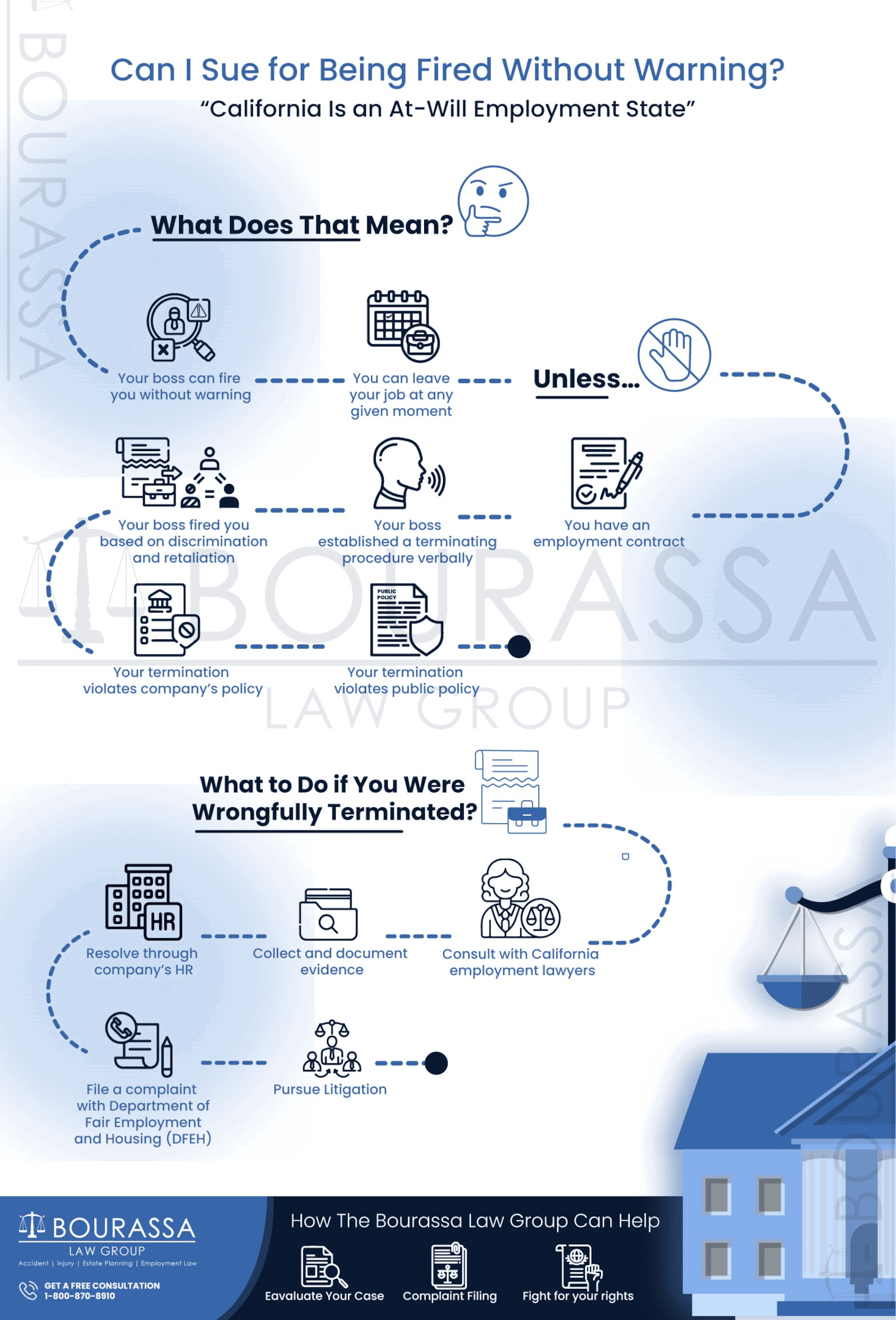Can You Get Fired Without a Written Warning in Texas?
In the realm of employment law, many employees find themselves questioning their rights and protections, especially concerning termination practices. A common query arises: Can you get fired without a written warning in Texas? Understanding the implications of job security in an "at-will" state like Texas is crucial for both employees and employers.

Texas is an "at-will" employment state, which means that either the employer or the employee can terminate the employment relationship at any time and for any reason, as long as it’s not illegal. This fundamental principle gives employers considerable freedom in managing their workforce. Therefore, the absence of a written warning prior to termination is not only possible but also, in many cases, entirely legal.
Many employees assume that a written warning is a necessity before any major employment action, such as dismissal, can take place. However, the law does not require employers to issue written warnings unless there’s a specific company policy or contractual obligation in place that dictates otherwise. For instance, certain public sector jobs or unionized positions may have their own unique guidelines regarding discipline and termination, which could potentially include the requirement of written warnings. In typical private sector employment, though, this is rarely the case.
Understanding the Implications of At-Will Employment
In Texas, getting fired without a written warning does not necessarily indicate that you did something wrong or that your employer behaved unethically. Employers often make decisions based on various factors—performance issues, behavior, or sometimes, simply a shift in business strategy—without the formal process that may be seen in other workplaces.
For employees, this raises significant concerns about job security. Many wonder about the fairness of being dismissed without prior notice or a write-up. While it might feel unjust, it’s crucial to recognize that part of working in an at-will state involves understanding and accepting the risks that come with this employment model. Being aware of your company’s policies regarding performance reviews and disciplinary actions can offer some predictability in this otherwise ambiguous environment.
Possible Exceptions to the Rule
Even though the at-will doctrine generally allows termination without warning, there are important exceptions where written warnings or documented performance issues may come into play. For example, if the reason for a termination relates to discriminatory practices, retaliation for reporting illegal activities, or violations of public policy, the employee may have grounds for a wrongful termination claim. In such cases, having a documented history of performance issues could be crucial for the employer in defending against potential legal claims.
Moreover, some companies choose to follow progressive discipline policies that involve verbal warnings, written warnings, and finally termination. While this is not legally mandated, it can create a more structured workplace environment and foster better employee relations. If you are in a position where you have received feedback or been warned about certain behaviors or performance issues, it is wise to treat those communications seriously, as they might indicate a potential issue.

What You Can Do
If you find yourself facing potential termination or have already been dismissed without a written warning, there are steps you can take. Gather any documentation you have regarding your employment, including performance evaluations and any communications with your supervisor. This will help establish a timeline and record of your work contributions. If you believe the termination was unjust or violates specific rights, consulting with an employment lawyer may provide clarity on your situation.
Additionally, it can be beneficial to familiarize yourself with your company’s employee handbook or policy manual, as these documents often outline the procedures related to discipline and termination, emphasizing your rights and what to expect moving forward.
In the fast-paced world of employment, knowledge is power. Being informed about the nature of at-will employment and the absence of mandatory written warnings can help you navigate your professional environment with greater awareness and confidence. In Texas, while the absence of a warning may be a standard practice, understanding your rights can empower you when facing unexpected employment challenges.



